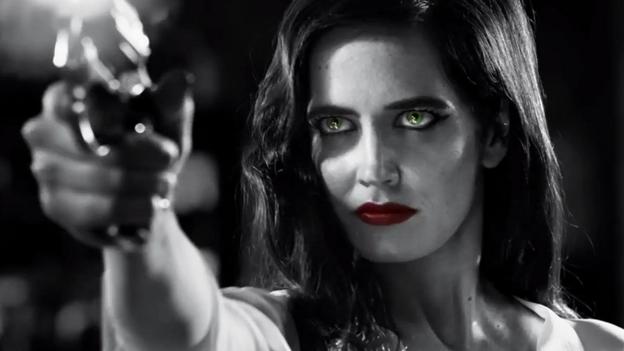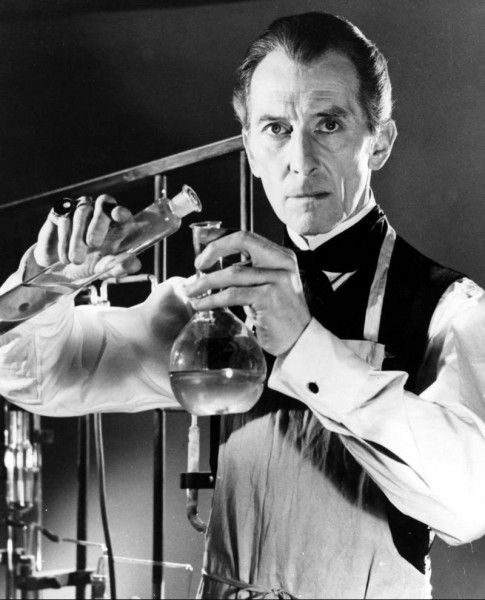Lead in
In groups look at the following everyday items. Think of some basic observations about them. What can be frustrating about them? What can be ridiculous or silly about them?

Keaton and hat
You Spin Me Right Round Baby

Chaplin and deck chair
Did you ever notice how many jokes start with “Did you ever notice?” And what’s the deal with “What’s the deal?” There’s a lot of funny to be found simply by noticing the ordinary, everyday things you don’t ordinarily notice every day. Emmy Award-winning comedy writer Cheri Steinkellner offers a few tips and tricks for finding the funny in your writing.
Lesson link:
How to make your writing funnier
1.
What is it important to notice?
Who
What
Where
When
Why
How
Why are these questions so useful in writing funny stories?
Who - archetypes or stock characters:
Examples?
Pause
2.
Teamwork:
Spend a minute or two coming up with some basic ingredients for a comic story. It doesn't have to be a masterpiece.
Who are the characters?
What are they doing?
Where are they?
When is this happening?
Why are they doing what they're doing?
How does the situation become comical?
Tell us what you came up with.
3.
Note-taking
The old rule for comic characters is "find the _____, then play it __."
Surprise is about the way we find in_________y funny.
Tip for writers: shift from "what is" to "_____ ___"
The more _____ the details the funnier the story.
A lot of comedy revolves around things that
Ir
fr
or hu
Tip: imagine that bad things that have happened to you happen to a ______ in a story.
The rule of three is sometimes called ___ ____ ____
The rule of K does / doesn't always work?
Summary:
Find the ____
Discover the _____
Insert ______
Incorporate ________
and have ____
Language focus
Listen in parts and put the phrases in the right order
1.
Ordinarily
Flaw
Doofus
Didn’t see that coming
Screenplay
Consist of
A handful
Archetypes
Neurotic
Demand
Comedic
Airhead
Renaissance
2.
Incongruity
Jot down
Irresistibly contagious
Treasured
Memorable moment
Rabbi
Turn out to be
Overdone
Crummy
Run up against expectations
Zing
To flip something
Trial and error
Subjective
Check
Ordinarily
Screenplay
Consist of
A handful
Demand
Comedic
Archetypes
Neurotic
Airhead
Renaissance
Flaw
Doofus
Didn’t see
that coming
Run up
against expectations
Incongruity
Jot down
Treasured
Memorable moment
Overdone
Turn out to
be
Crummy
Zing
To flip
something
Rabbi
Subjective
Trial and
error
Irresistibly
contagious
Vocab Review
How to Write Comedy
O1
|
S2
|
||||||||||||||||||
C3
|
|||||||||||||||||||
T4
|
D
|
||||||||||||||||||
A5
|
O6
|
||||||||||||||||||
D7
|
|||||||||||||||||||
I8
|
|||||||||||||||||||
H
|
V
|
||||||||||||||||||
M9
|
|||||||||||||||||||
10
|
11
|
D
|
|||||||||||||||||
I12
|
Y
|
||||||||||||||||||
F13
|
|||||||||||||||||||
S14
|
Across
3. catching
(9)
4. highly
valued (9)
8. hard
to refuse (11)
9. unforgettable
(9)
10. learning
through success and failure (5,3,5)
12. incompatibility
(11)
13. weakness,
negative characteristic (4)
14. script
for a film (9)
Down
1. excessive
(8)
2. personal
(10)
5. dimwit
(7)
6. normally
(10)
7. need, require (6)
11. only
a few (1, 7)
Check
Check
How to Write Comedy
Some stock characters:

The Absent-minded Professor
The Black Knight
The Femme Fatale
The Boy Next Door
The Crone
The Idiot Savant
The Hag
Ingenue
The Girl Next Door
The Mad Scientist
The Nobel Savage
The Tom Boy
The Wise Old Man











